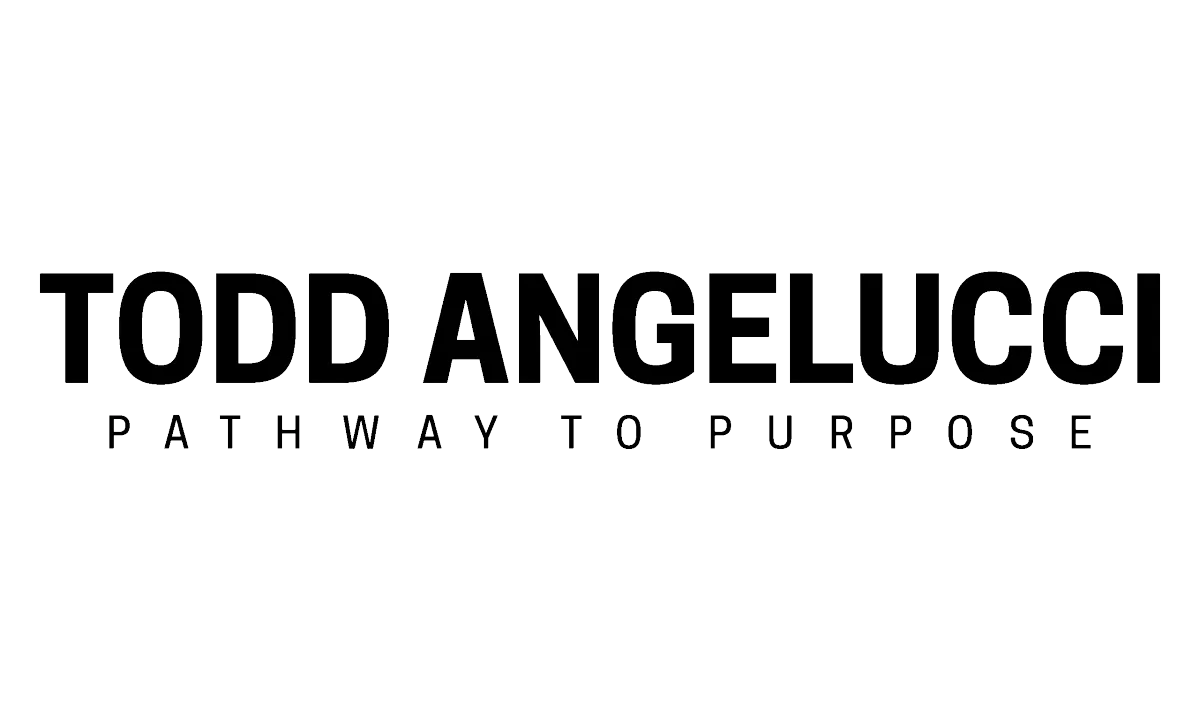
The Major Disruption Coming for Nurses: Is Healthcare Ready or Stuck in an Outdated Playbook?
Todd Angelucci BSN RN
Helping Healthcare Professionals to Reignite Their Purpose, Lead with Confidence, and Build Wealth with Impact 🚀 | Resilience Advocate & Brain Tumor Survivor 🧠 | Transforming Healthcare Heroes into Resilient Leaders
January 31, 2025
The Hard Truth About Nursing’s Role in Healthcare
For years, physicians have driven the healthcare system. They bring revenue, influence decisions, and shape the policies that govern hospitals. Having worked in a leading medical device company, I saw firsthand how critical physician support was in driving hospital adoption of new products. If a hospital wanted to protect its production, it needed a strong physician advocate.
Meanwhile, nursing has struggled to establish itself as a powerful entity. Despite the crucial role nurses play in keeping the healthcare machine running, they are often seen as order takers. This perception, deeply embedded in leadership and hospital culture, has led to a workforce that is overworked, undervalued, and burning out at an alarming rate.
The Resistance: Nurses Are Hitting Their Breaking Point
The doors have been blown off, and nurses are caught in the crossfire. They’ve had enough and have reached what I call resistance.
Nurses are exhausted—mentally, emotionally, and physically. They exist in a constant state of fight, flight, or freeze, and this has consequences:
Turnover is skyrocketing. The national turnover rate for registered nurses is 18.4%, costing hospitals an average of $56,300 per lost nurse.
Medical errors are increasing. Chronic stress and burnout lead to mistakes that jeopardize patient safety.
Job satisfaction is plummeting. Nurses feel unheard, undervalued, and drained, leading to widespread disengagement.
Resistance is more than just frustration—it’s a physiological response to prolonged stress and lack of autonomy. Nurses aren’t just tired; they are soul tired.
How Resistance Shows Up Personally and Professionally
Resistance is not just an abstract concept—it manifests in the daily lives of nurses both inside and outside of work.
Personally:
Constant fatigue that sleep doesn’t fix
Emotional numbness or frequent irritability
Strained relationships due to work-related stress spilling over into personal life
Anxiety about returning to work, even on days off
A sense of losing personal identity beyond the role of a nurse
Professionally:
Increased absenteeism and presenteeism (being at work but disengaged)
Reluctance to advocate for oneself or patients due to fear of retaliation
Reduced ability to focus, leading to more errors
Disillusionment with the profession and questioning long-term career viability
Hesitancy to take on leadership roles due to feeling overwhelmed
The Emotional Cost of Stress and Resistance
Stress and resistance aren’t just workplace problems; they are deeply ingrained barriers to progress. When left unchecked, they create a culture of survival rather than growth. Understanding the triggers behind this resistance is the first step toward meaningful change.
The 5 Triggers That Keep Nurses Stuck
Chronic Stress Constantly being overworked, understaffed, and dealing with emotionally taxing situations creates unsustainable pressure.
Fear of the Outcome Nurses fear repercussions for speaking up or making mistakes, leading to a culture of silence and avoidance.
Unprocessed Trauma Daily exposure to suffering, loss, and crisis situations accumulates, creating emotional scars that impact performance and mental well-being.
Soul Tiredness This is not just physical exhaustion; it’s the kind of fatigue that comes from feeling like you’re always fighting an uphill battle with no relief in sight.
Lack of Autonomy
Nurses are highly skilled professionals, yet they often feel micromanaged, undervalued, and powerless to change their circumstances.
The Real Solution: Shifting from Resistance to Empowerment
The system is bleeding profit by failing to address these core issues. The solution isn’t just about better pay or more staff; it’s about fundamentally shifting how nurses are perceived, valued, and integrated into healthcare leadership.
Here’s how we create real change:
Leadership Development for Nurses – Invest in programs that prepare nurses for leadership roles and give them a seat at the decision-making table.
Collaborative Practice Models – Shift from a physician-centric model to one where nurses and doctors collaborate as equals.
Mental Health and Resilience Training – Equip nurses with tools to manage stress, process trauma, and prevent burnout.
Recognition and Compensation Reform – Value nurses not just with words but with tangible rewards, better schedules, and career advancement opportunities.
Some health systems are beginning to see the writing on the wall. The ones that don’t will suffer the consequences—rising turnover, lower patient satisfaction, and financial losses they can no longer afford to ignore.
Final Thoughts
The resistance nurses are experiencing is not just personal—it’s systemic. The healthcare system can no longer afford to run on outdated paradigms that deplete its most valuable resource: its workforce. The future of nursing depends on a cultural shift where nurses are recognized as the backbone of healthcare, not just cogs in the machine.
The question is: Will healthcare leaders wake up to this reality before it’s too late?
I’d love to hear how these challenges are showing up for you. What resistance are you experiencing, and what solutions do you see?
